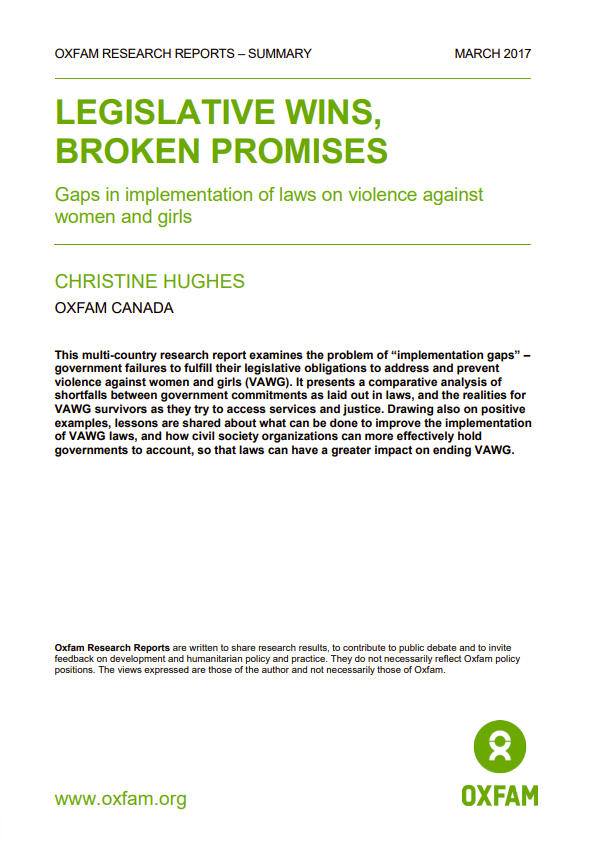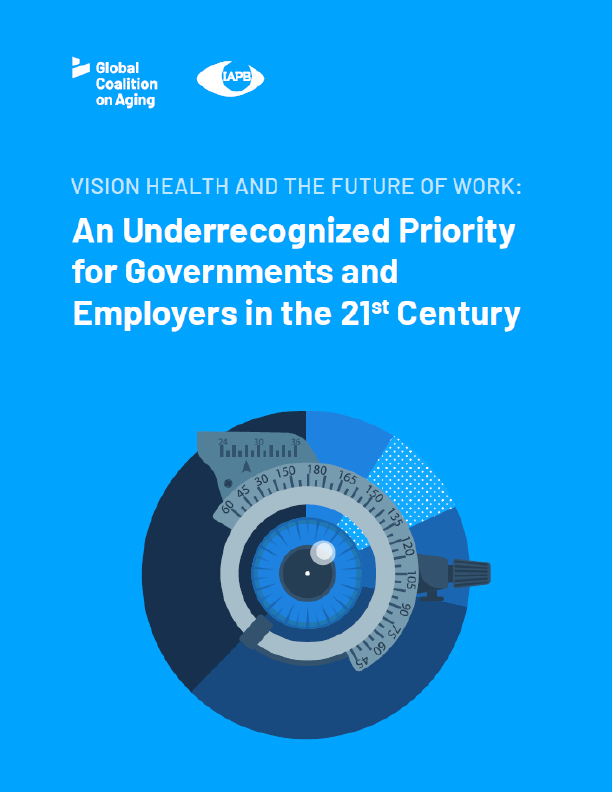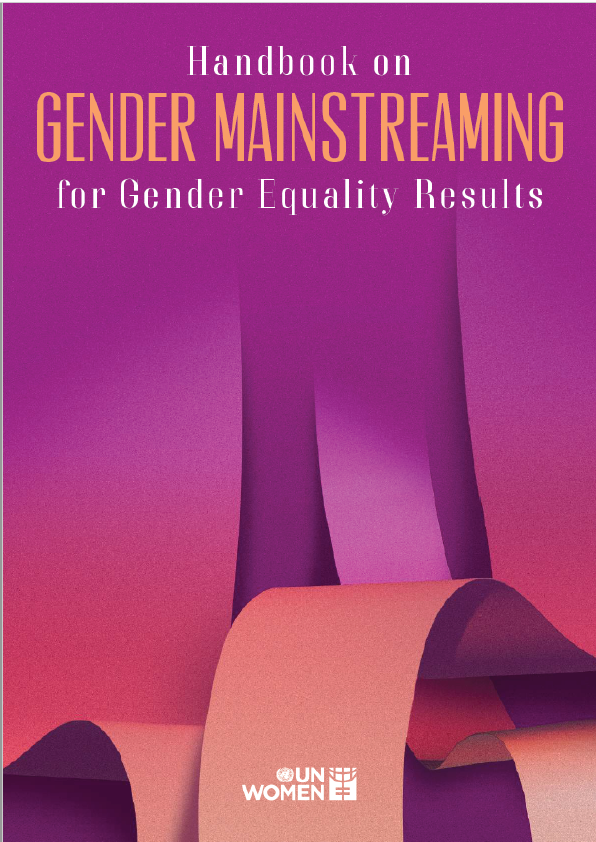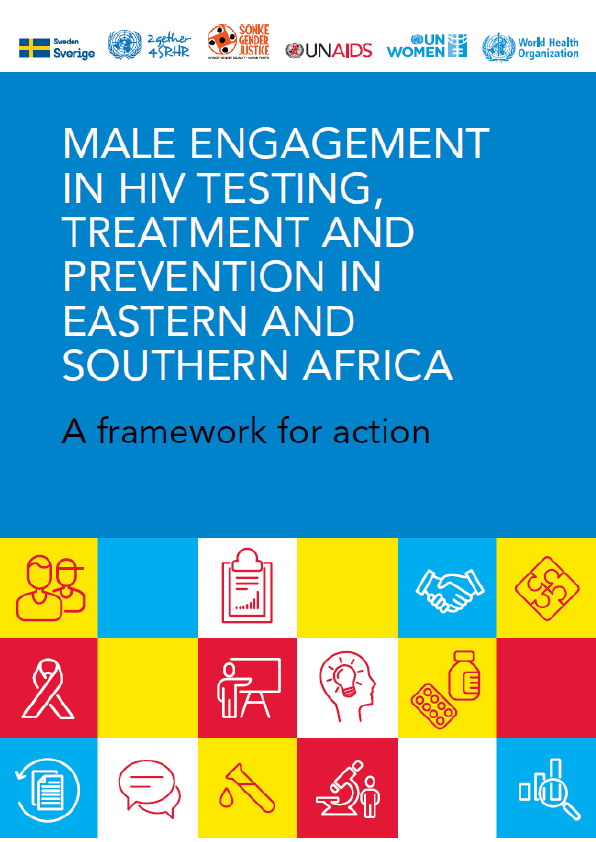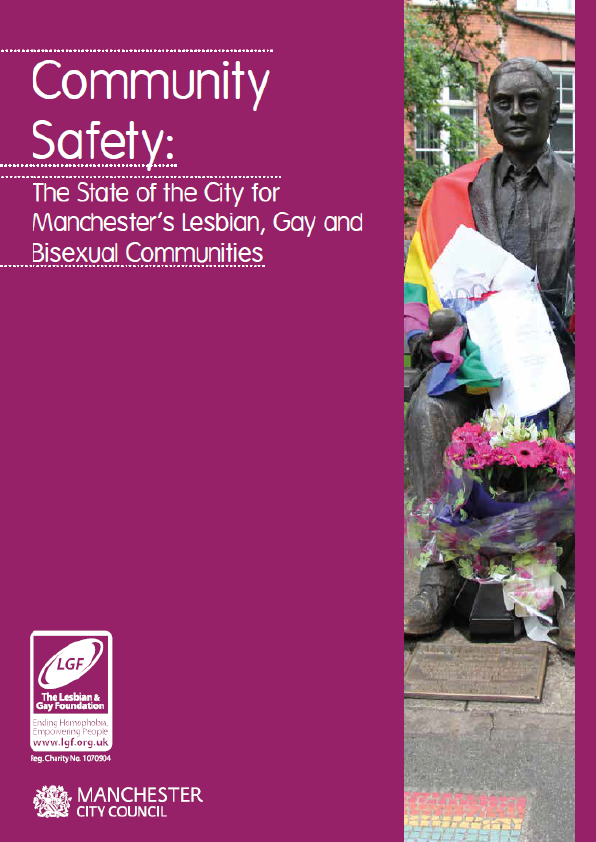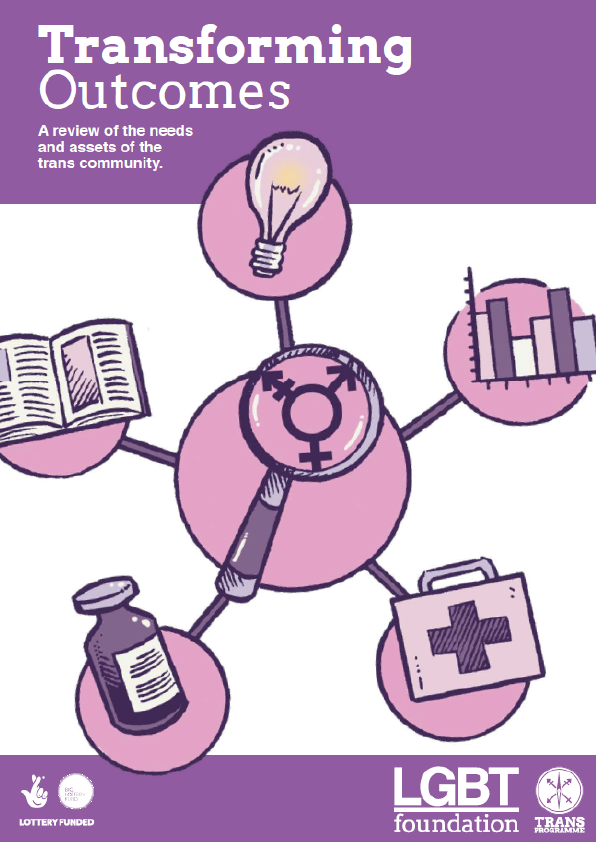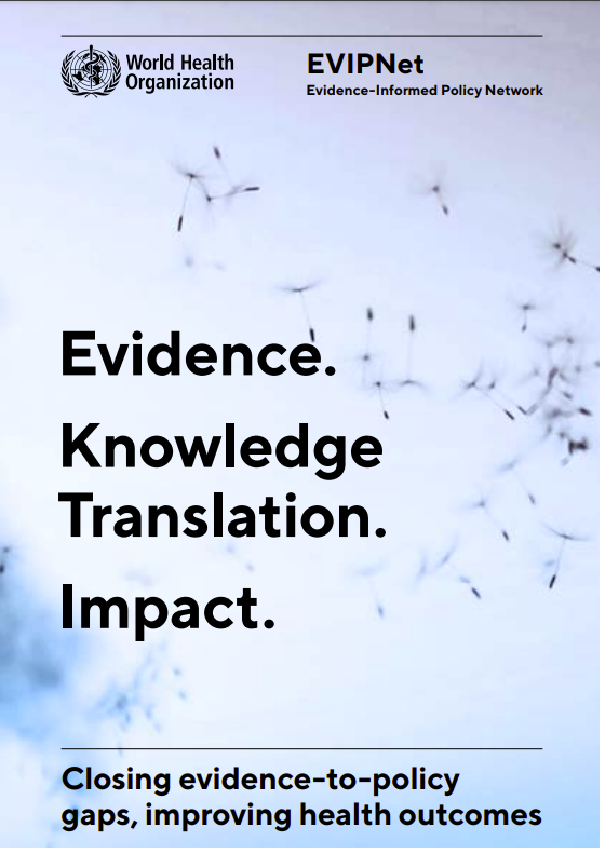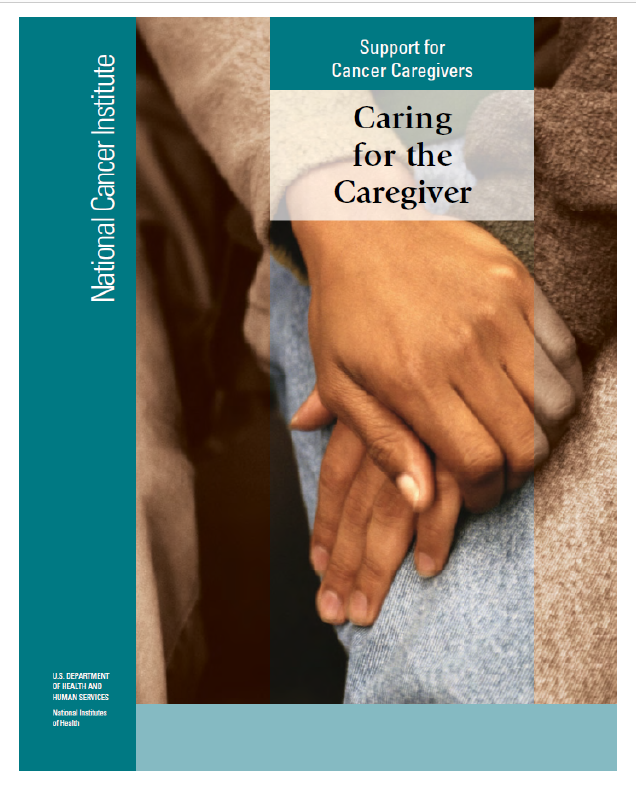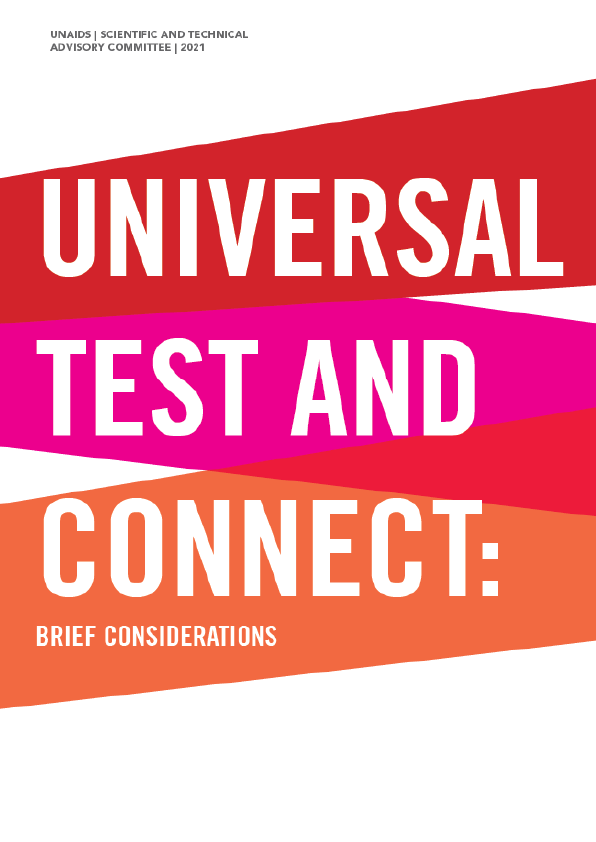This multi-country research report examines the problem of “implementation gaps” – government failures to fulfill their legislative obligations to address and prevent violence against women and girls (VAWG). It presents a comparative analysis of shortfalls between government commitments as laid out by in-laws, and the realities for VAWG survivors as they try to access services and justice. Drawing also on positive examples, lessons are shared about what can be done to improve the implementation of VAWG laws, and how civil society organizations can more effectively hold governments to account so that laws can have a greater impact on ending VAWG.
EXECUTIVE SUMMARY
Gender inequality is a social phenomenon in which men and women are not treated equally. Violence against Women & Girls (VAWG) is one of the most horrific expressions of gender inequality and violations of human rights in the world today. International human rights agreements obligate states to take action to end VAWG, and due in large part to the struggles of women’s and feminist organizations over the last 30 years, today, over 125 countries around the world have some sort of legislation on VAWG. Whether criminal or civil in nature, these laws send the message that VAWG is not acceptable, and lay out both punishments for perpetrators and commit governments to provide services for women and girls who experience violence.
Despite these laws, the global prevalence of VAWG remains disturbingly high. Over one-third of everpartnered women worldwide have experienced physical or sexual violence, one in five women have been abused as girls, and tens of millions of girls every year are at risk of female genital mutilation/cutting (FGM/C), early or forced marriage, and sexual violence while pursuing their education. Legislation alone will not eliminate VAWG, but these laws could have a lot more impact on reducing the prevalence of VAWG if they are consistently supported by effective implementation. Unfortunately, there is mounting evidence to show that implementation often has serious deficiencies.
This Oxfam report, based on research conducted in seven countries in the Global South, examines the problem of “implementation gaps” – the shortfalls between governments’ legislative commitments to address and prevent VAWG, and the on-the-ground realities in terms of prevention, access to services, and access to justice for women and girls who experience violence. It will be of interest to government officials and policy makers, institutional actors involved in implementing VAWG laws (e.g., law enforcement, the judiciary), non-government organizations (NGOs) and women’s rights organizations (WROs), and academics and activists committed to ending VAWG.
ABOUT THE RESEARCH
This research project was a collaborative, co-created initiative among Oxfam and researchers in seven countries – Benin, Bolivia, Burkina Faso, Dominican Republic, India, Malawi, and Nicaragua. It was facilitated by Oxfam’s Knowledge Hub on Violence against Women & Girls/Gender-based Violence.
Through literature reviews, policy analyses, and interviews with key groups of stakeholders, the research set out to answer five main questions:
• What types of implementation gaps exist?
• Where or among which actors do the gaps occur?
• What are the main reasons that explain implementation gaps?
• What is needed to improve implementation?
• What could Oxfam and other CSOs do better or differently to influence relevant actors to better implement VAWG legislation?
Taking a comparative approach, this report presents a summary of findings in each country, as well as a synthesis of key lessons and messages on both how implementation of VAWG laws can be improved, and how Oxfam and its allies can strengthen efforts to influence duty-bearers to fulfill their governments’ commitments.
In addition to focusing on shortfalls and failures of implementation, the research also examines what is being implemented relatively well and why, so that lessons can be drawn from those cases and experiences. Two of the countries – Burkina Faso and Dominican Republic – were identified as having better implementation of VAWG legislation, and participated in the project as “positive deviance” examples.
